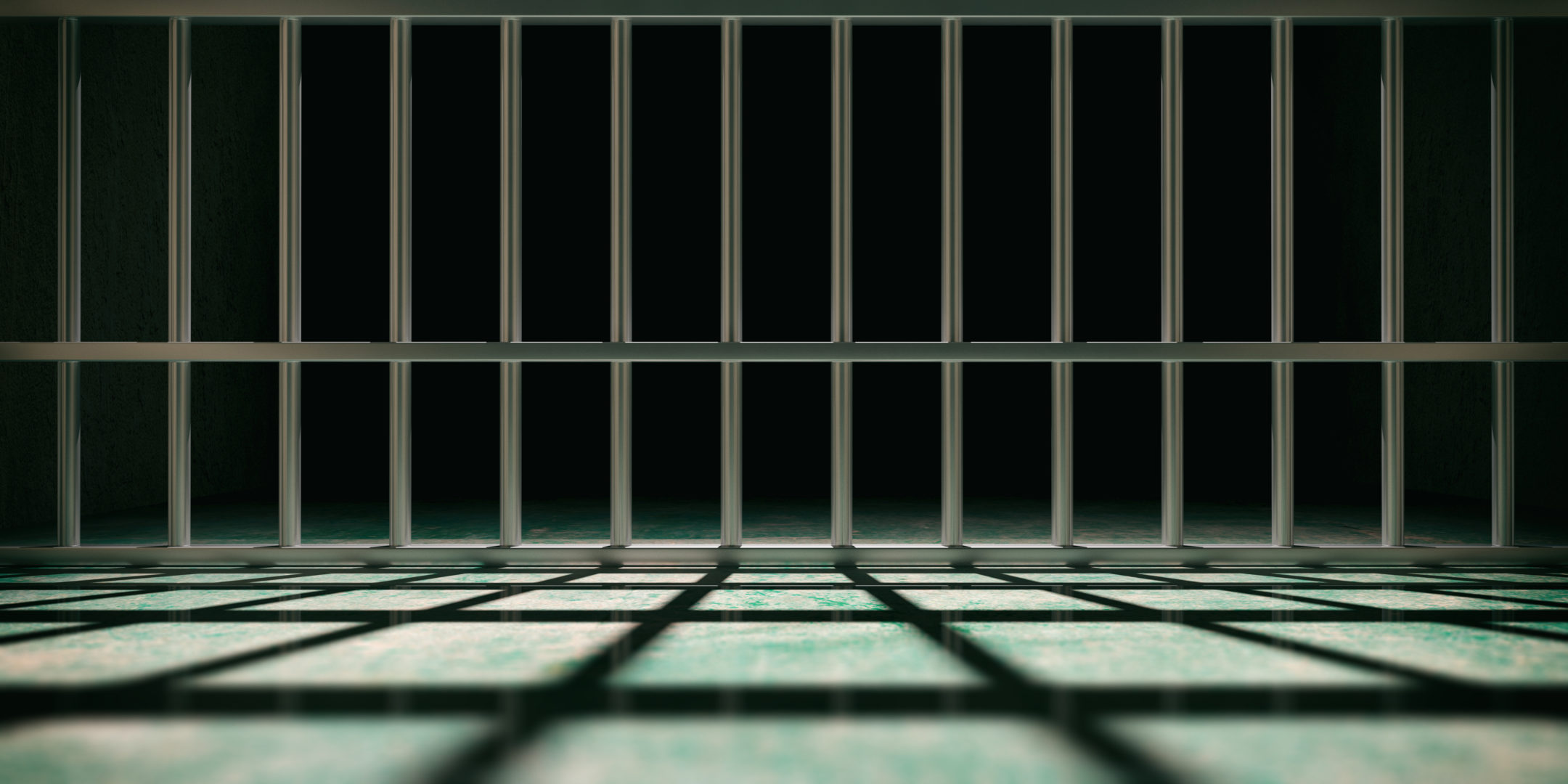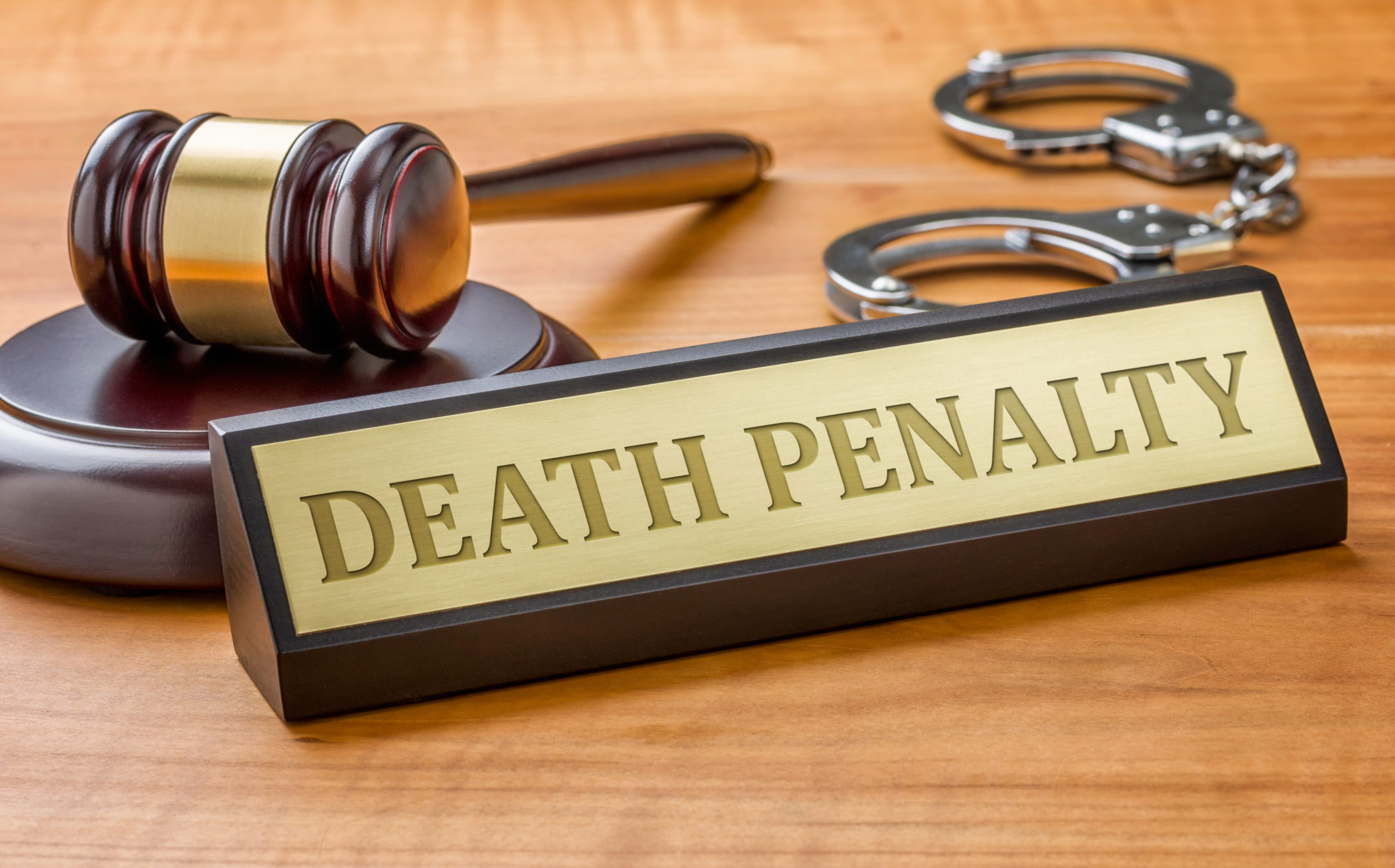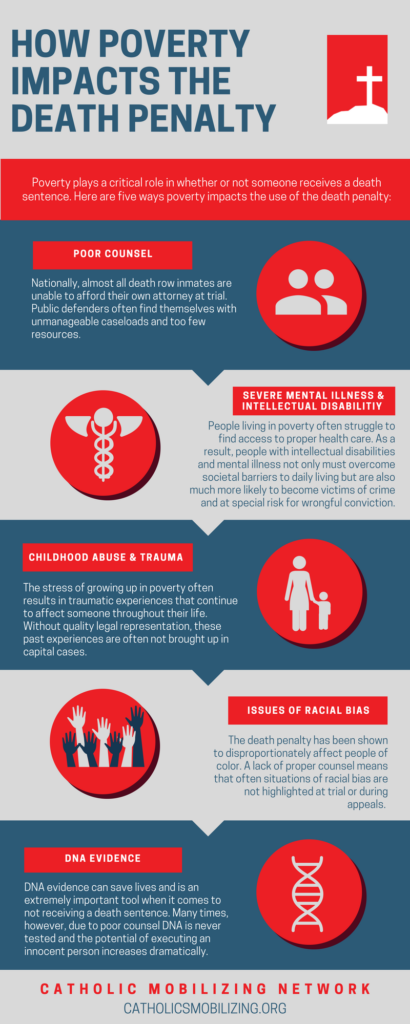The death penalty violates the condemned person’s dignity and deprives that person of the chance to change his or her heart and be rehabilitated through the mercy of God.
– Archbishop José H. Gomez, in his statement following Governor Newsom’s announcement on 3.13.19
It is time for California to abolish the death penalty. The death penalty is unnecessary as a means of defense. It contradicts God’s plan for merciful justice and fosters a culture of revenge and unforgivingness.
Our Church teaches that every life is sacred and every person has dignity, the innocent and the guilty alike. Life belongs to God alone, and there is no one who cannot be touched by God’s mercy and changed by His love. The death penalty deprives the condemned person of the chance to have a change of heart and to make amends for his or her crimes.
In seeking an end to the death penalty, we never forget the victims of crime and their loved ones. We support them and pray that our Merciful Father grants them healing and peace. But we recognize that killing the criminal does not bring justice to the victims. Our country has far more effective ways to bring about justice and to keep society safe from violent criminals.
“The dignity of human life must never be taken away, even in the case of someone who has done great evil. Modern society has the means of protecting itself, without definitively denying criminals the chance to reform.”
–Pope John Paul II, Evangelium Vitae, 1995
–Pope John Paul II, Evangelium Vitae, 1995
What does the Church teach about the death penalty?
2267. Recourse to the death penalty on the part of the legitimate authority, following a fair trial, was long considered an appropriate response to the gravity of certain crimes and an acceptable, albeit extreme, means of safeguarding the common good.
Today, however, there is an increasing awareness that the dignity of the person is not lost even after the commission of very serious crimes. In addition, a new understanding has emerged of the significance of penal sanctions imposed by the state. Lastly, more effective systems of detention have been developed, which ensure the due protection of citizens but, at the same time, do not definitively deprive the guilty of the possibility of redemption.
Consequently, the Church teaches, in the light of the Gospel, that “the death penalty is inadmissible because it is an attack on the inviolability and dignity of the person”,[1] and she works with determination for its abolition worldwide”.
[1] FRANCIS, Address to Participants in the Meeting organized by the Pontifical Council for the Promotion of the New Evangelization, 11 October 2017: L’Osservatore Romano, 13 October 2017.
How many states have abolished the death penalty?
19 states, plus the District of Columbia, have ended the use of the death penalty: Alaska, Connecticut, District of Columbia, Hawaii, Illinois, Iowa, Maine, Maryland, Massachusetts, Michigan, Minnesota, New Jersey, New Mexico, New York, North Dakota, Rhode Island, Vermont, West Virginia, Wisconsin. It is time for California to join this growing list of states.
Educate with Resources from Catholic Mobilizing Network Against the Death Penalty
Catholic Social Teaching and the Death Penalty – Infographic, Information
The Death Penalty and Poverty – Infographic
Pray
Host a Holy Hour of Mercy at your parish
Host the St. Maximilian Prayer Service at your parish
Educate Your Parish with Angelus News Articles


